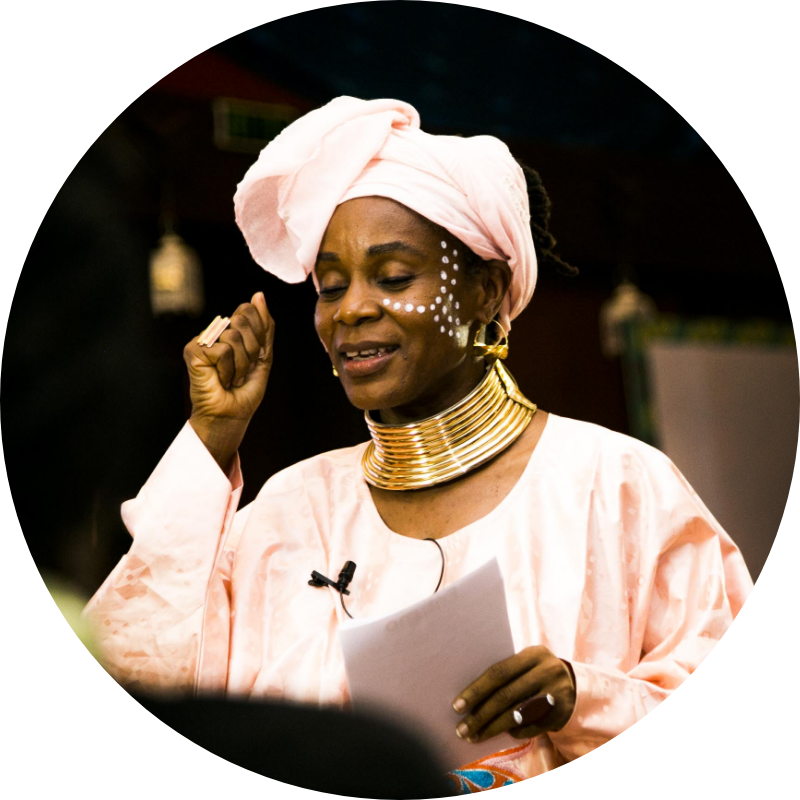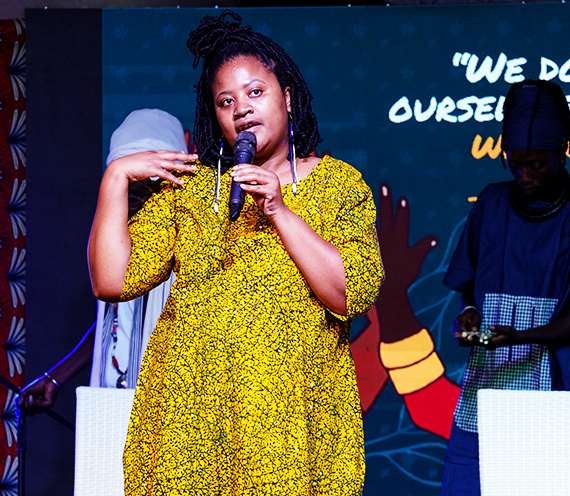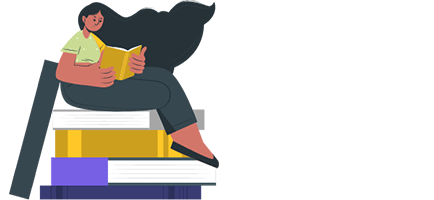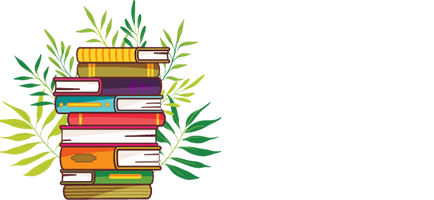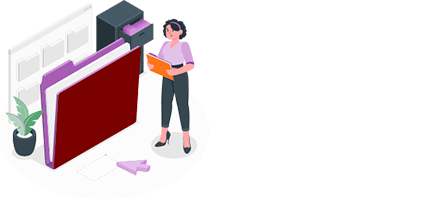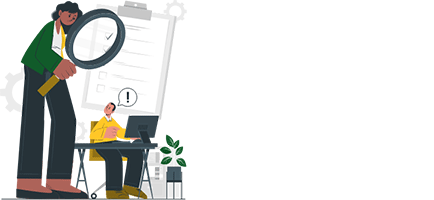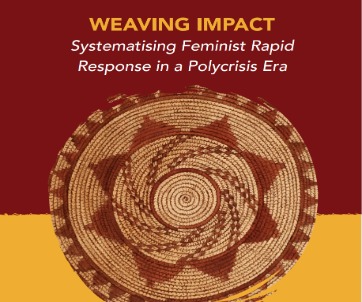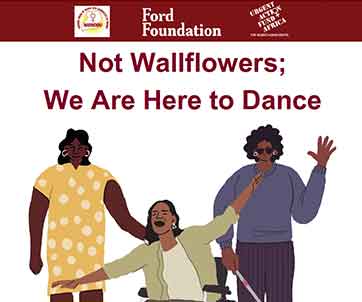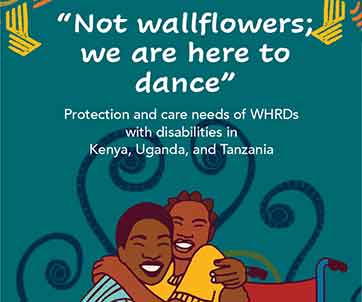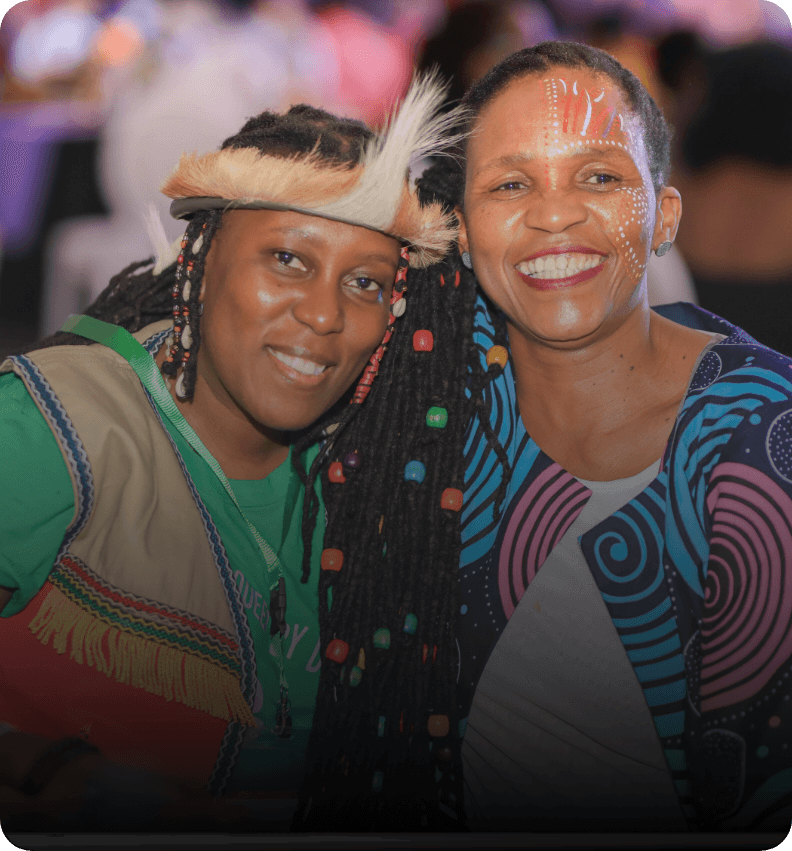The Fund works with others to build a culture of learning and knowledge production within and external to UAF-Africa for deeper consciousness, consistently theorising and articulating a feminist, pan-African perspective and translating this into solidarity and action.
This work includes Documentation, Information Management, Research and Publications, Learning and Historical Political Initiatives, and Special Projects. Over the years, UAF-Africa has produced many multifaceted publications that reflect the political and socio-economic moment in which the Fund and her constituencies found themselves, focusing on the African continent at regional, sub-regional, national, and local levels.
